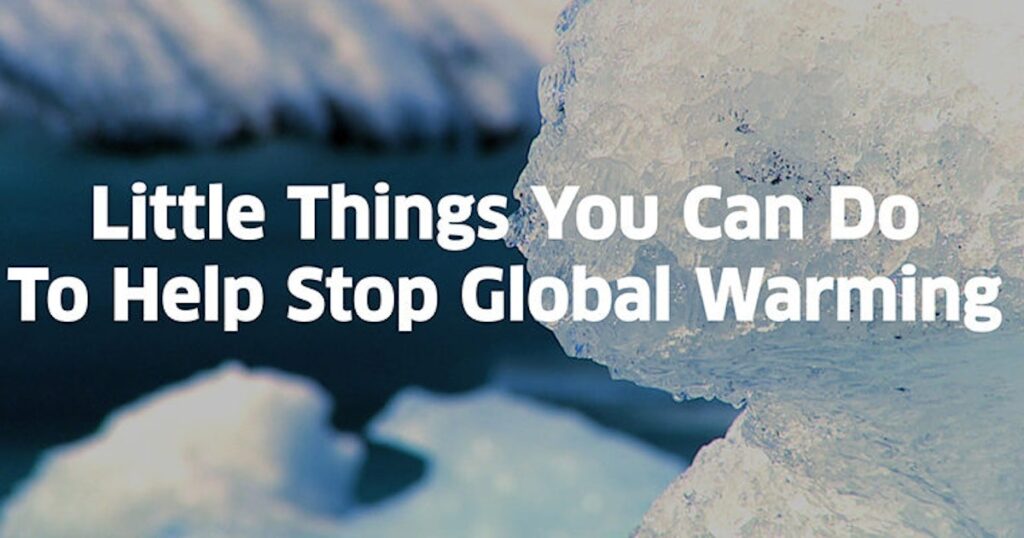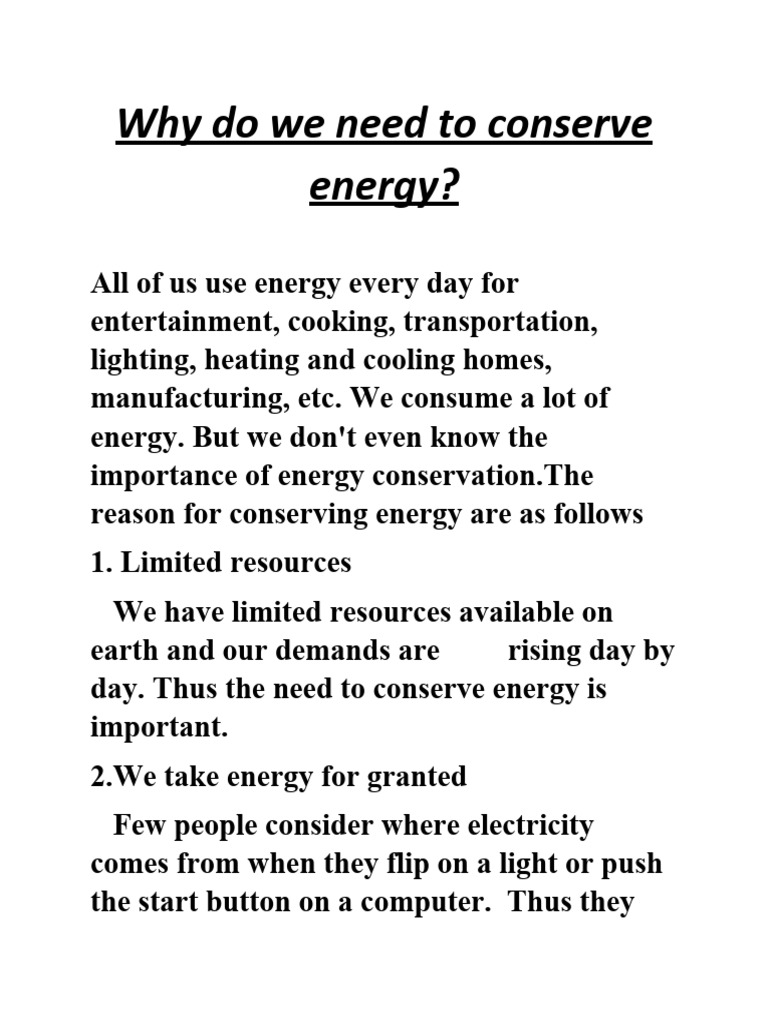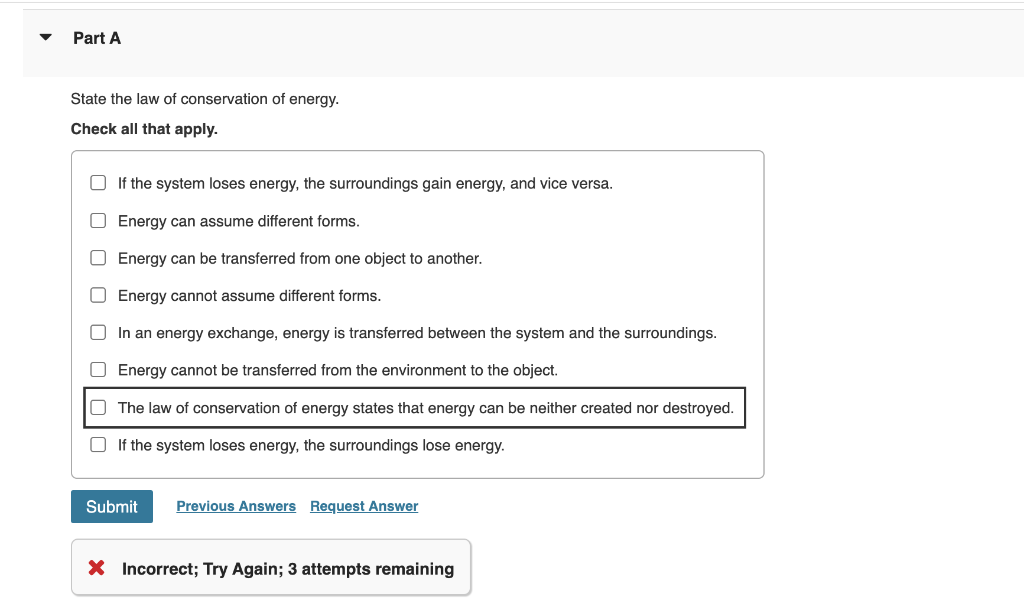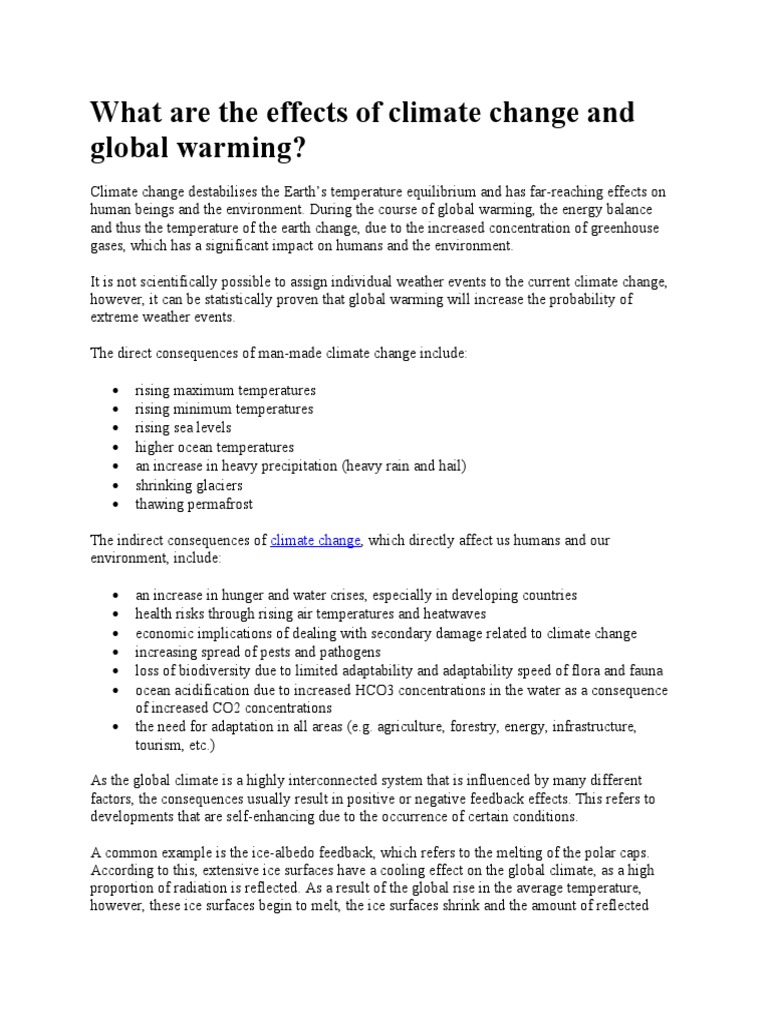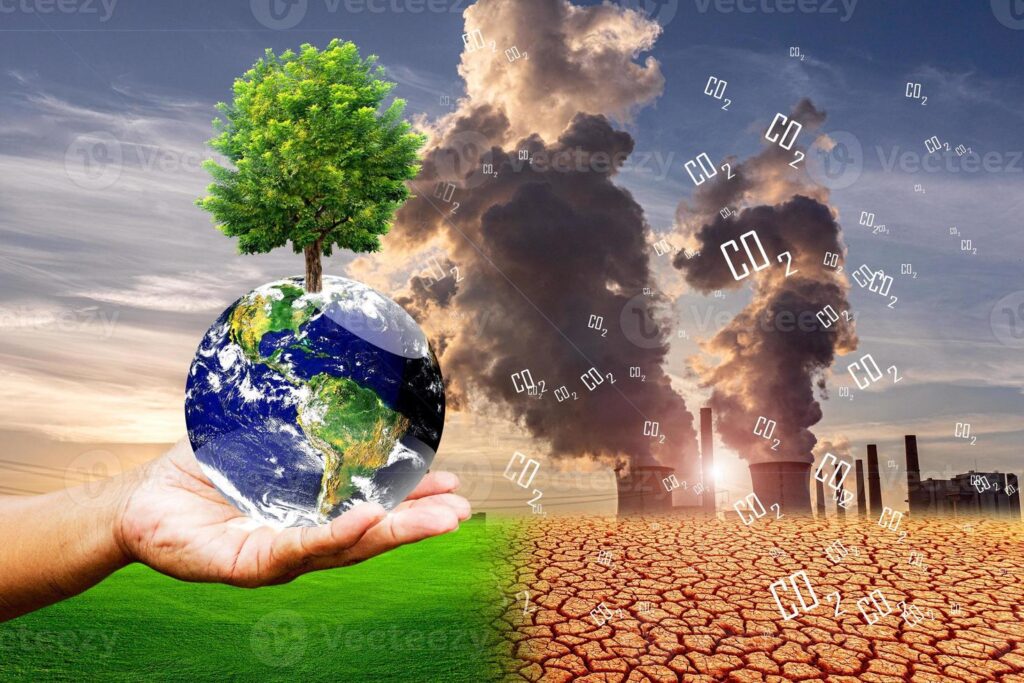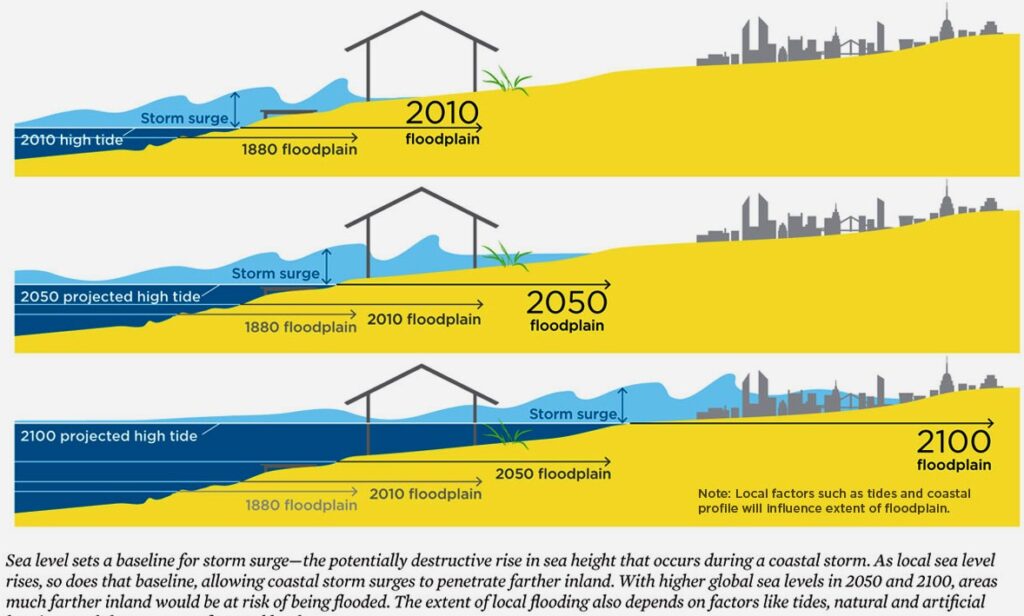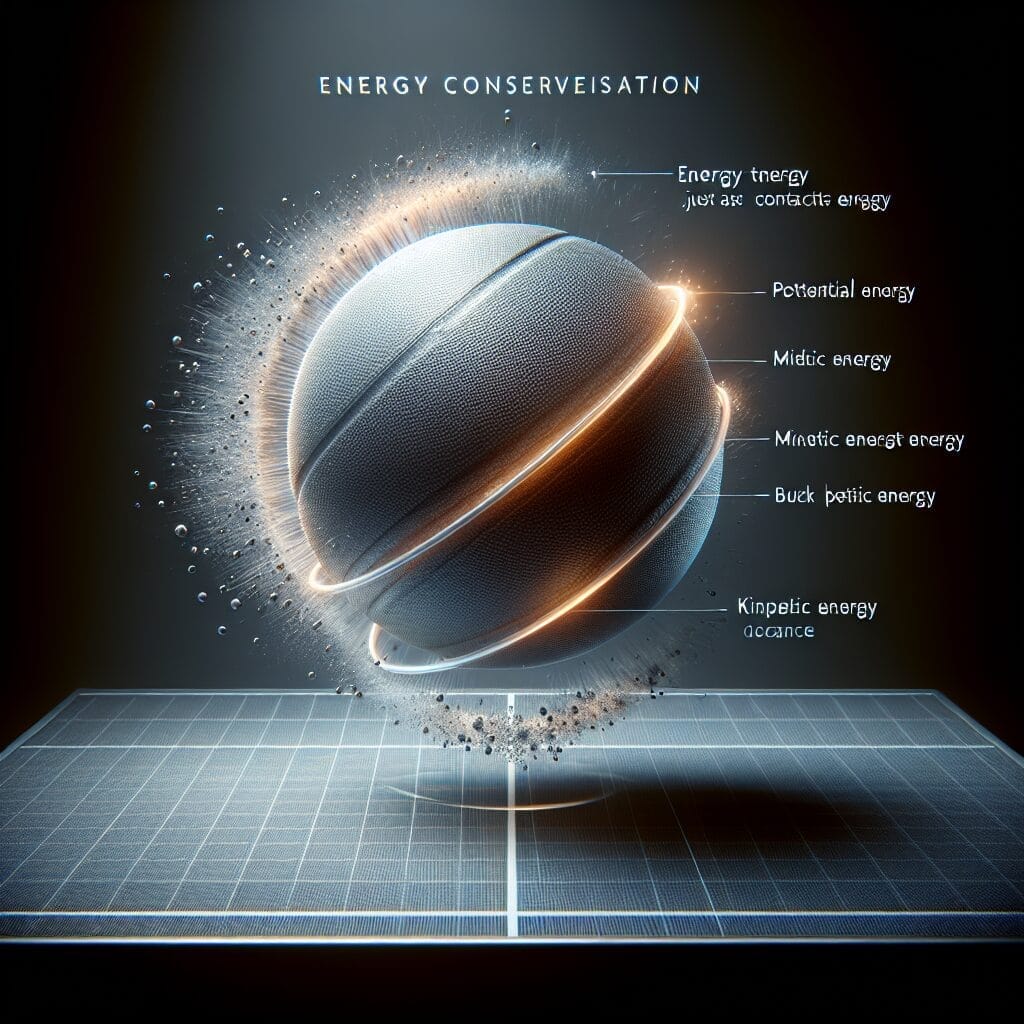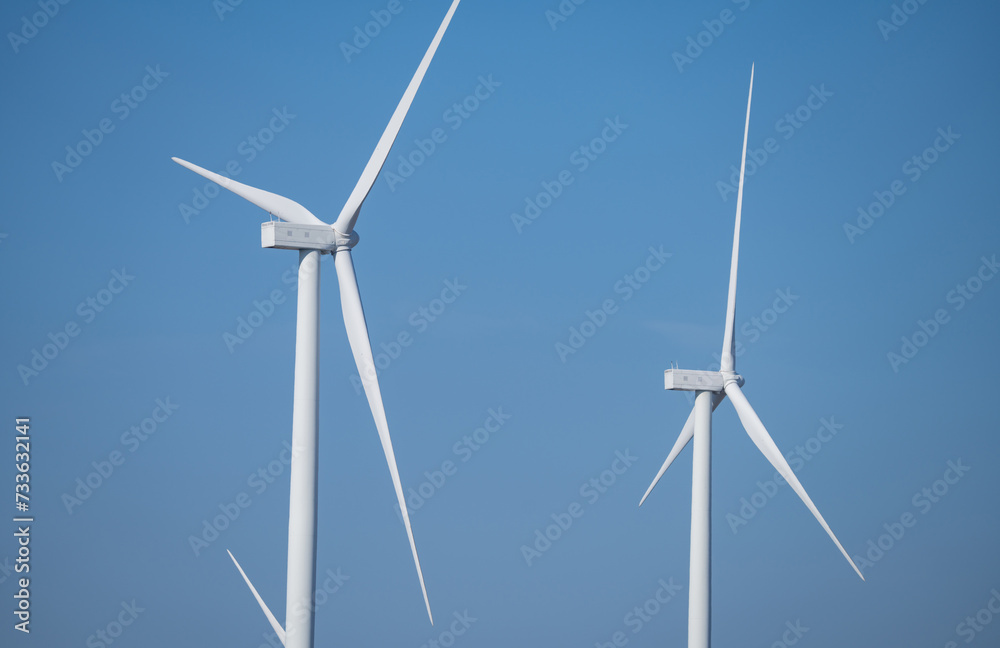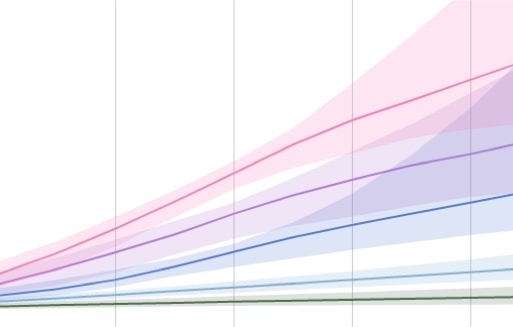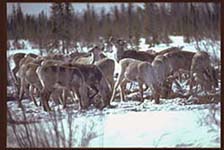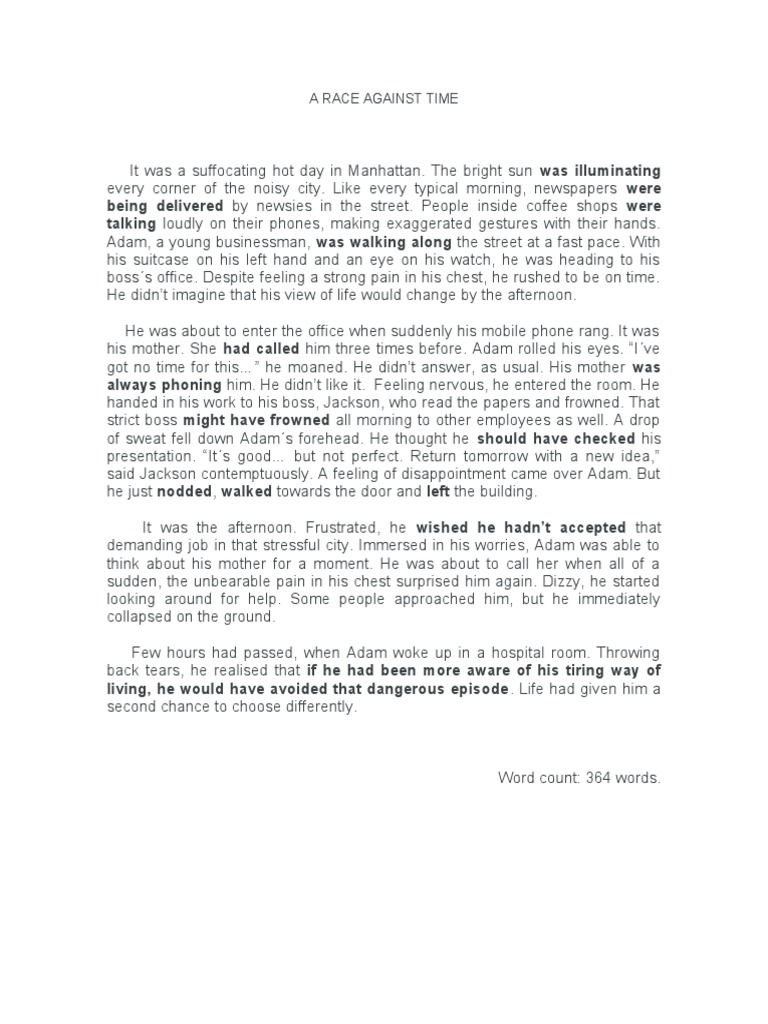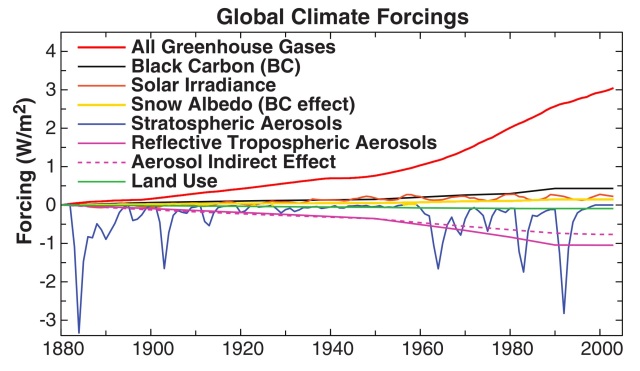How Can You Stop Global Warming? Personal Choices That Help Combat the Crisi
Global warming is no longer a distant threat; it is a palpable crisis that demands immediate action. The urgent need to mitigate climate change has spurred countless conversations about the roles individuals can play in combating this global phenomenon. While large-scale policy changes and corporate accountability are pivotal, the power of personal choices should not ...
